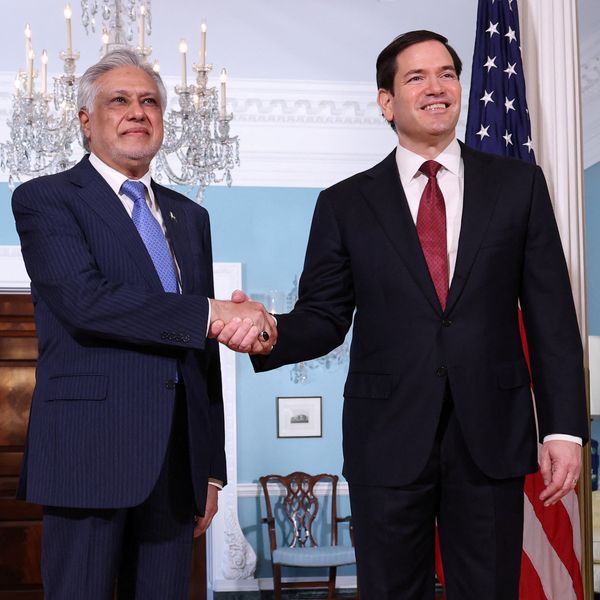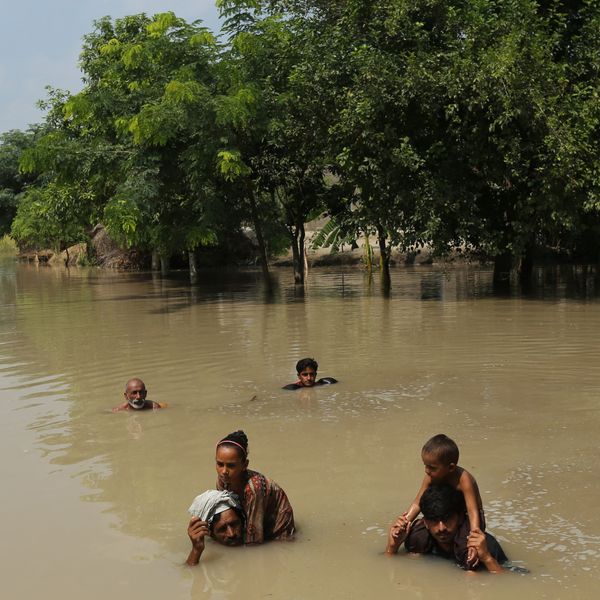From lockdown rides to championship gold: Rabia Garib’s cycling journey
Rabia has made history by winning a gold medal in the 50+ age category at the 2024 Asian Road Cycling Championship in Thailand

Kulsoom Jahan
Sports Correspondent
Kulsoom Jahan is a driven and accomplished professional with a passion for sports, news, storytelling, and in-depth fact-gathering. With eight years of experience in the sports media industry, she has honed her skills in conducting insightful interviews, crafting compelling narratives, and delivering high-quality content. Known for her ability to meet deadlines well in advance, Kulsoom is meticulous in her attention to both video and audio details, ensuring excellence in every project she undertakes. Her dedication and expertise make her a valuable asset in the ever-evolving world of sports media.

A four-time national women’s cycling champion, Rabia Garib has been a dominant force on Pakistan’s cycling scene.
Thailand Cycling Association
Rabia Garib, a Pakistani road cyclist, embodies the profound impact of sports on one's life. Having previously struggled with weight issues, Rabia's journey took a remarkable turn upon discovering cycling.
With unwavering dedication and perseverance, she achieved significant weight loss, unlocking a newfound passion and talent for cycling that transformed her life.
Rabia, the captain of the Sui Southern Gas Company (SSGC) Pro Cycling Women’s Team, also made history by winning gold in the 50+ age category at the 2024 Asian Road Cycling Championship in Thailand.
She completed the 42.8 km race in an impressive 1 hour, 18 minutes, and 21 seconds, further solidifying her legacy in the sport.
A four-time national women’s cycling champion, Rabia has been a dominant force on Pakistan’s cycling scene.
Her road cycling journey began in 2019 when, during the COVID-19 lockdown, she took to the empty streets to start cycling.
“I was overweight, and my brothers encouraged me to lose weight. That’s how I started my cycling career,” she shared during an exclusive interview with Nukta.
She trained under Pakistan’s premier cyclist, Ali Ilyas.
“When I first started training, I experienced extreme exhaustion and body aches, but I knew I had to keep going,” she recalled.
With disciplined training, she shed 24 kg in just six months while maintaining her regular diet.
Discussing the mental challenges of racing, Rabia emphasized the importance of endurance.
“Cycling requires years of training to build both physical and mental strength. Even if my coach assigns me a three-hour session and I feel exhausted, I have to push through. The mental game is crucial,” she said.
Overcoming challenges
At 51, Rabia continues to break barriers, but she acknowledges the many challenges female cyclists face in Karachi.
“If a girl goes out alone, people follow her. Traffic congestion is a major issue, and in case of a flat tire, finding help is difficult. Initially, I was scared, but with training, my confidence grew. However, security concerns remain, as incidents of snatching are common,” she noted.
Karachi’s infrastructure also poses obstacles. “The city is full of barriers; I have crashed into them multiple times, breaking my bicycles and suffering injuries. During the road cycling championship in Thailand, I had an accident, lost consciousness, and sustained multiple injuries. But I got up and finished the race. Completing the race is necessary; otherwise, Pakistan loses,” she stated.
Balancing responsibilities
Beyond cycling, Rabia skillfully balances her professional and personal responsibilities.
“I take care of my mother while managing my job and training. Cycling has transformed my life for the better,” she said.
Rabia also highlighted the financial hurdles that deter aspiring female cyclists.
“Bicycles are expensive, and proper nutrition is essential. You need a nutritionist, the right balance of carbohydrates and proteins, clean drinking water, and strength training. You can’t train on tea and paratha and expect to stay fit,” he said.
She stressed that the best athletic talent often comes from lower-income backgrounds, yet financial constraints prevent many from pursuing sports.
“If someone struggles to afford basic necessities, how can they invest in cycling?” she questioned.
Rabia firmly believes that greater support from the government and cycling federations could inspire more women to take up the sport.
“Right now, people think girls can only play cricket, badminton, or squash—sports that receive media coverage. Cycling rarely gets attention. Until it is highlighted, the dream of becoming a cyclist will remain distant,” she concluded.










Comments
See what people are discussing